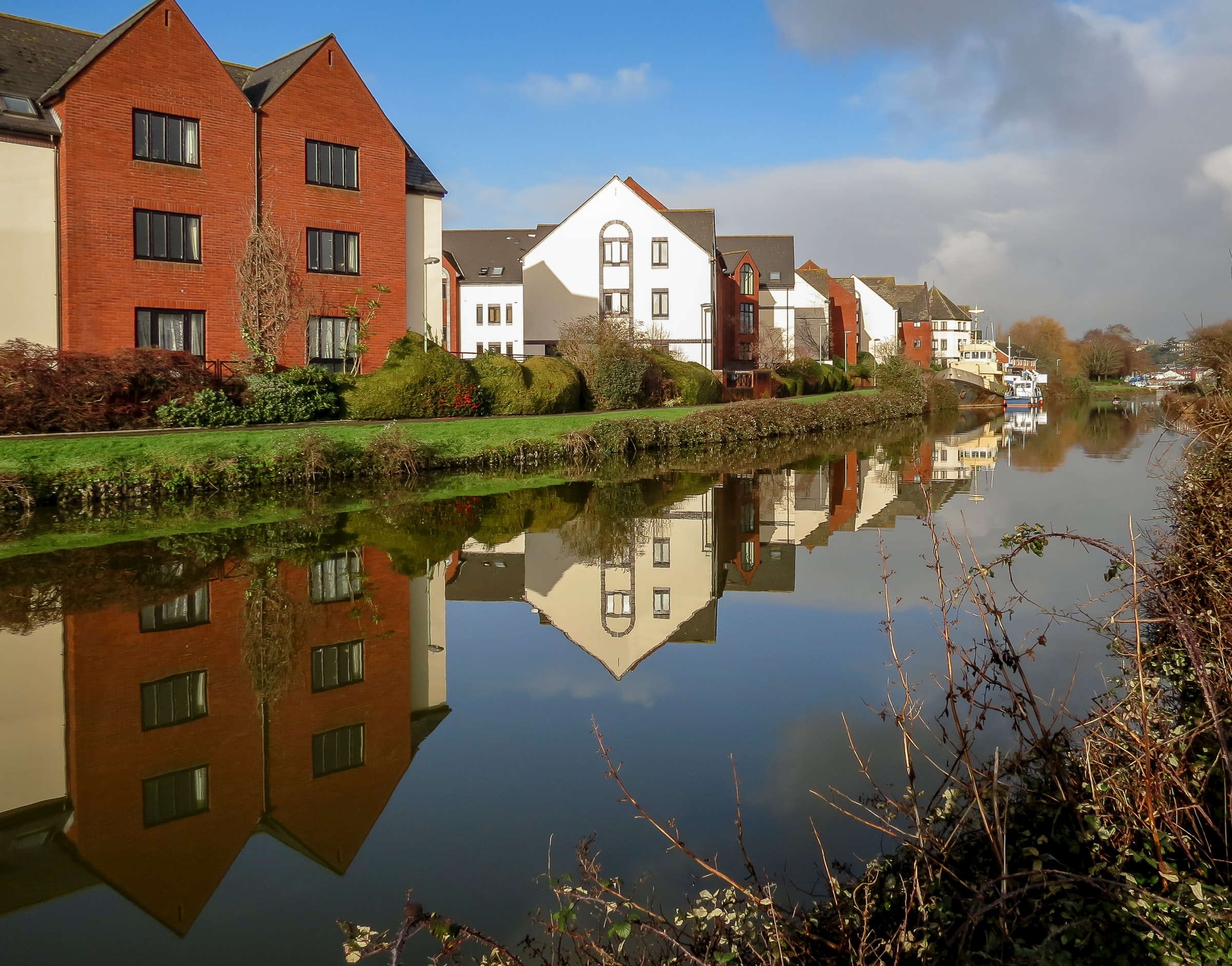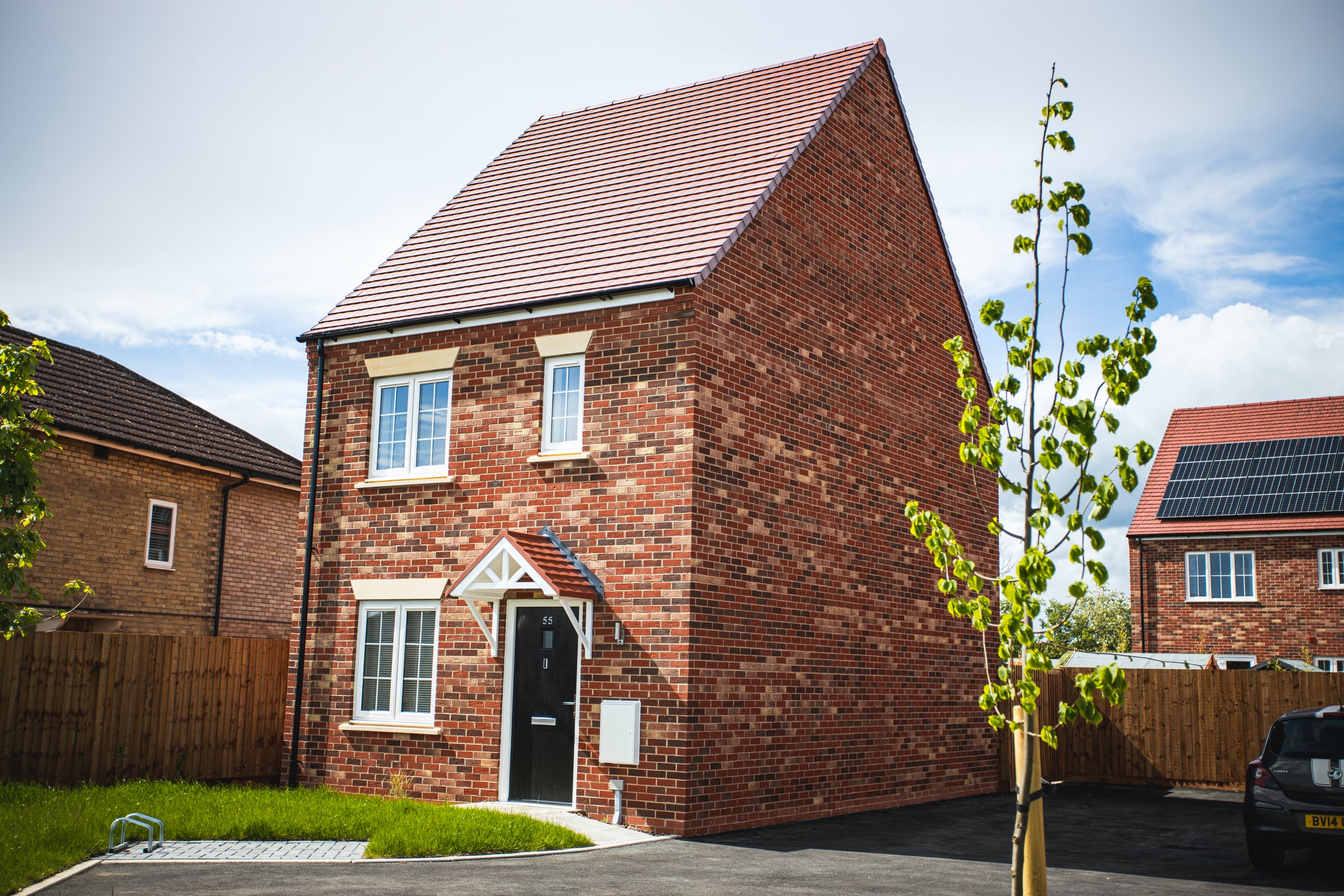What's Included?
What is Stamp Duty?
Stamp Duty is a form of taxation that you pay if you buy a property or a piece of land that is over a certain price. The current threshold is anything above £125,000 when buying a property. However, new rules have been introduced by the government which make it different for first time buyers. If the property you buy is below £500,000 and you or whoever you’re buying the property with are both first time buyers, then you will either pay less or no stamp duty on that property.
When Was it Introduced?
Stamp duty was introduced in 1694 under King William III and Queen Mary II. It was brought in as a tax on parchment, vellum, and paper in order to fund war against France. In its first financial year it raised £91,206 equivalent to £21,727,185 in today’s money which made it a huge success.
In the 1700s and 1800s it was widened to include paper, hats, insurance, playing cards, medicines and more. It was this that led to the American revolutions and the famous “No taxation without representation” phrase.
Stamp Duty in the Modern Day
Most of the good that came under stamp duty have been reversed so it now covers a smaller scope. Most of it was abolished in late 2003 and replaced in two new taxes. These are known as the Stamp Duty Land Tax and Stamp Duty Reserve Tax.
Stamp Duty Land Tax
This is what we commonly know as stamp duty which we explained earlier in the blog post. However, for this a tax return needs to be given to HM Revenue and Customs. The only other change is that you no longer require a physical stamp to be placed on documents.
According to the HMRC website this is to be paid within 14 days of the transaction. However, many mortgage lenders will require that it be paid upon completion of the transaction. The transaction is usually done by the solicitor or conveyancer directly to HMRC.
Duty Reserve Tax
This was introduced in 1986 to ensure that a tax equivalent would be payable on the transfer of uncertified shares. This means that instead of a stamp tax it makes it a self-assessed transfer tax. This would be collected automatically by brokers when a transaction takes place. Since 2008 this tax is not payable to any repurchases of shares valued below £1000.
What are the Current Rates?
The rates vary on how much the land or property you have bough is worth. As we stated earlier anything below £125,000 has a 0% rate . Anything between £125,001 to £250,000 has a rate of 2%. The most common bracket is £250,001 to £925,000 is set at a rate of 5%. Any property valued between £925,000 to £1,500,000 is 10% and finally anything over £1,500,000 is 12%
Credibble offers two fabulous solutions.
If you’re preparing to take a mortgage, never apply until you’ve tried our unique and FREE Credibble Home app. Our smart technology will tell you what you need to fix so you avoid rejection. The app predicts when you will be able to buy, for how much and tracks your month-by-month progress to mortgage success. We’ve even added your own mortgage broker, so you get the best deals available.
More focused on your credit rating? Well, get started for free with Credibble’s 24- Factor Credit Check to truly help you improve your creditworthiness and how lenders view you. (Remember: lenders don’t use your credit score! We’ll show you what lenders look for and how to get your credit report in the best shape possible).
https://www.affalo.co.uk/blog-api/wp-content/uploads/2021/11/Tax-bro.png








